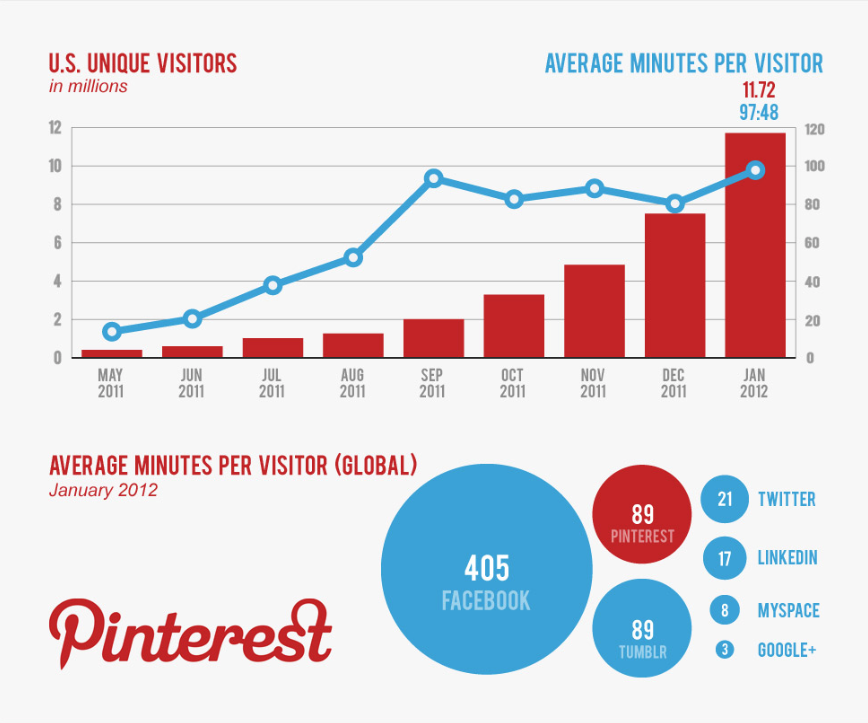In regards to the professional world, journalism has always been an occupation that fluctuates even on the best days. Because of the nature of writing – with its contingency on the state of the world – it is a forever-adapting and progressing pursuit for all who choose to follow it.
By Gillian Foss, Intern

So why in recent years has there been a continual conversation on the future, albeit a moderately bleak one, of print journalism? The answer lies in the technological explosion that has occurred in the last couple of decades, which shows no sign of slowing down.
The way the world receives the news has nearly completely transformed in the manner of online publications, social media platforms, and mobile programming, leaving the print journalism world in the dust.
To put it simply: news travels faster online. Readers are not waiting for newspapers to land on their doorstep, highlighting events that occurred the day before. The public is searching their Twitter or Facebook newsfeeds on their handhelds and computers as the event is occurring.
Take the Boston Marathon bombings, for instance; the online media world was constantly inundated with updates every second. It’s extraordinarily difficult for print publications to compete with the onslaught of available information that is now instantaneously at our fingertips, and so even publications such as The New York Times and The Boston Globe chose to focus more on updating their online publications for optimal results during that time.
However, despite this, there is reason not to count out print journalism just yet – according to a recent article on the online forum The Conversation, journalism professor George Brock maintains that this current emphasis for online optimization is simply another way in which journalism needs to ‘adapt and flourish’.
Recently, billionaires have been ensuring that it stays that way – a strange phenomenon that, if utilized in a positive light, will keep at least major news platforms in print for years to come. Amazon’s patriarch Jeff Bezos recently procured the Washington Post, providing the historical publication the funds to keep the newsrooms alive and the printers flowing. The same type of deal occurred when Boston Red Sox owner John Henry acquired the Boston Globe, not to mention Warren Buffett’s acquisition of multiple, smaller newspapers.
Sure, all print platforms of publications should, and will need to also have some sort of online publication to supplement their reach; and, in doing this, there are inevitably going to be some smaller, locally and publically-owned periodicals who simply do not have the resources or the funds to find success on the dual platforms. That being said, there is always going to be a need for journalism – people want to learn the news, and even though we’ve embarked on a growing trend of citizen journalism, most informed readers will choose to get their information from credible journalists and publications.
No matter what, journalism will never cease to be a profession, and an important one at that. If anything, now that information is almost too accessible, and too vast, it will be up to journalists to sift through and deliver accurate, truthful news to the public. And, while the transition to online platforms is gaining speed, print journalism still remains relevant.
For now, then, the future of print journalism is remains caught in the middle of a somewhat optimistic, somewhat pessimistic trend – which really just reflects the ever-changing nature of journalism as it is.
Sources:
Variety.com: “Future of Print Journalism? Jeff Bezos’ Washington Post Purchase Spurs Questions”
http://variety.com/2013/biz/news/future-of-print-journalism-jeff-bezos-washington-post-purchase-spurs-questions-1200579025/
The Conversation: “Spike the Gloom – Journalism has a Bright Future”
https://theconversation.com/spike-the-gloom-journalism-has-a-bright-future-17907









